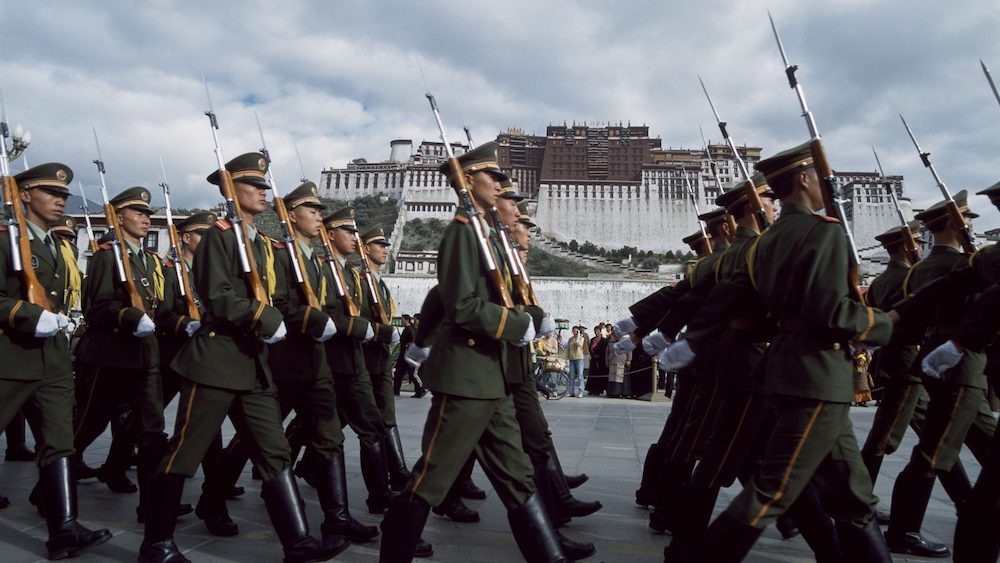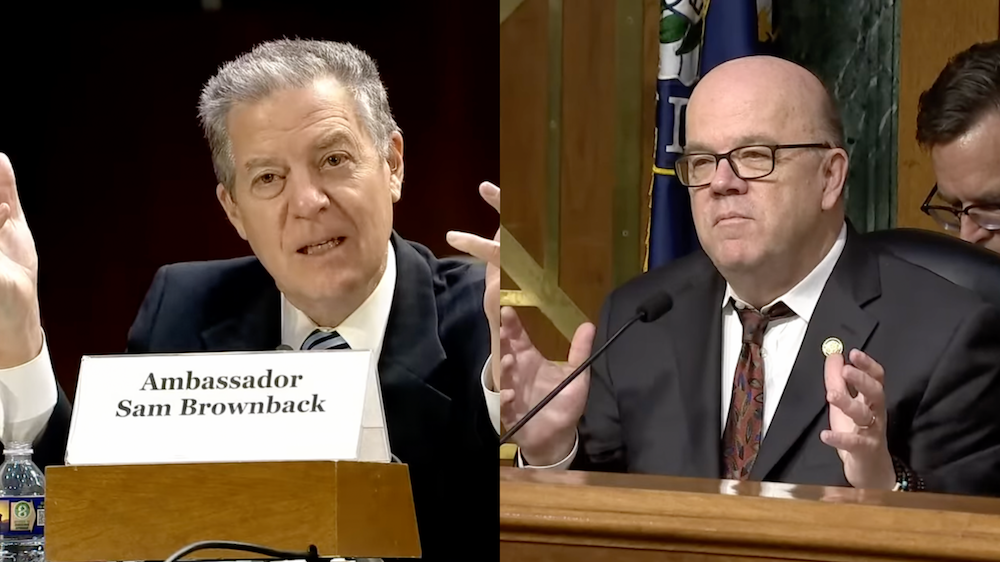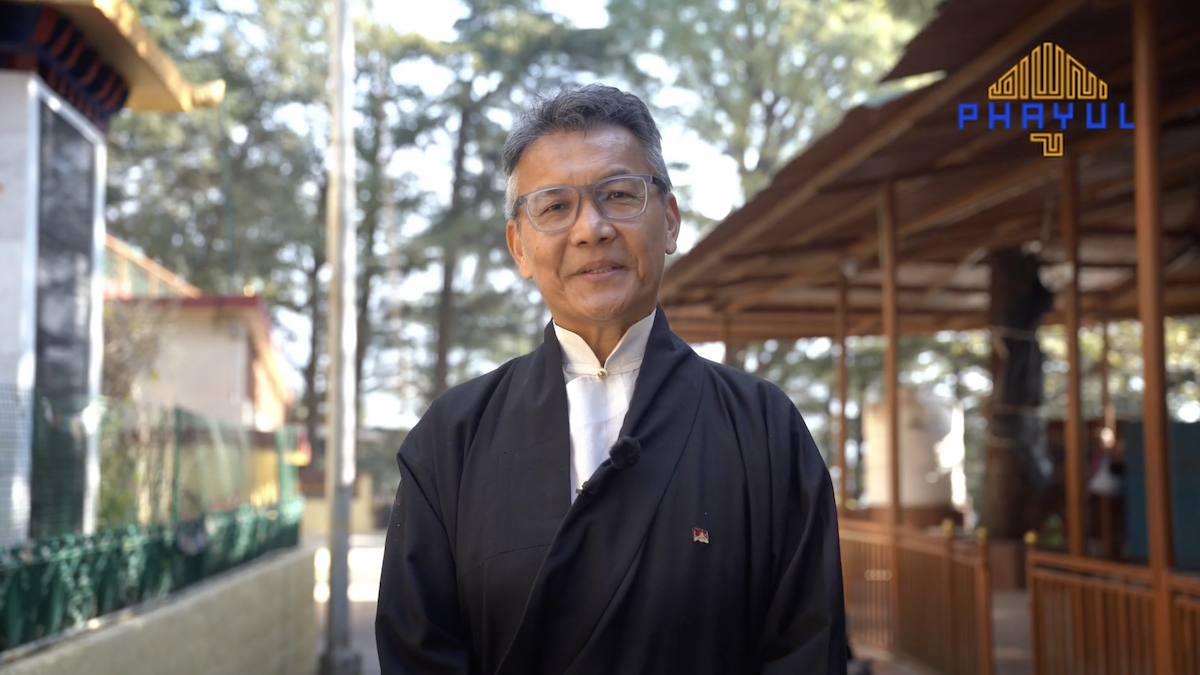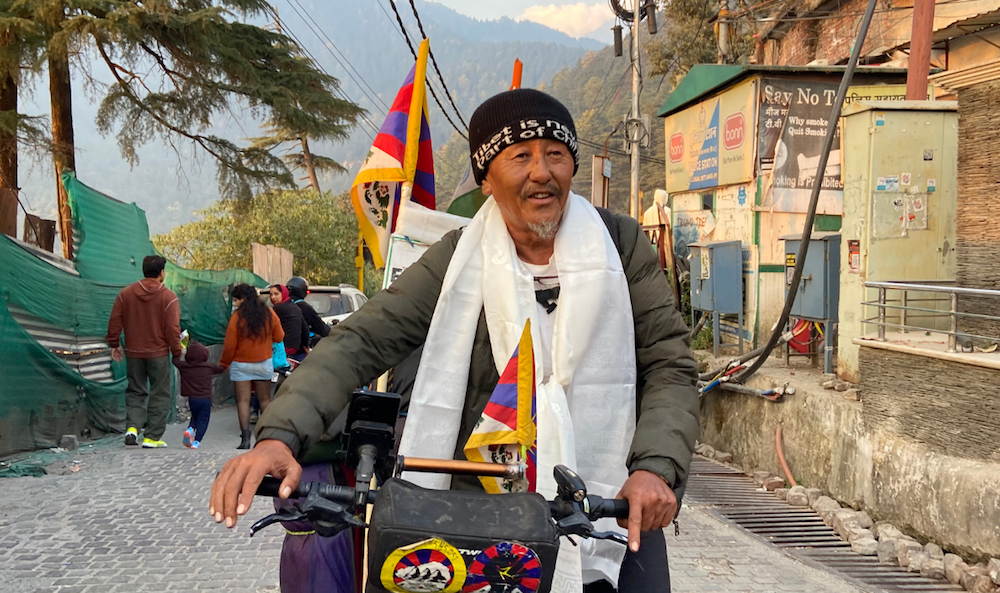Tsering Dhundup
DHARAMSHALA, Mar. 29: Advocacy group International Campaign for Tibet (ICT) has released comprehensive guidelines for official delegations visiting Tibet, urging adherence to a “Do-No-Harm Principle” to avoid inadvertently amplifying Chinese state propaganda.
Released on March 26, the document titled “Guidelines for official visits to Tibet” outlines essential criteria that official delegations should observe when granted access to Tibetan provinces by Chinese authorities. The guidelines serve as an antidote to what ICT describes as the Chinese government’s orchestration of visits to serve propaganda purposes, which they claim misleads the international community about conditions in Tibet.
“The international community and media have a responsibility to investigate and provide accurate assessments of the conditions Tibetan people face inside Tibet,” said ICT President Tencho Gyatso. “Responsibility includes understanding the reality of how their visit and reporting can impact Tibetans after they leave.”
The guidelines caution that China routinely depicts Tibet as “stable” and Tibetans as “happy” under Chinese rule, assertions the ICT characterises as disinformation. Of paramount importance, according to ICT, is that visits and subsequent reporting abide by the principle of ‘Do-No-Harm’, ensuring delegations do not amplify Chinese state propaganda that works to hide the truth in Tibet from the world.
Among the key recommendations, the guidelines advise delegations to clearly define the purpose of their visit and maintain transparency throughout their mission. They should conduct thorough preparation and research before arriving, request unfettered access to various locations including monasteries, schools, and prisons, and ensure linguistic independence by bringing trusted interpreters rather than relying solely on government-provided translators.
The document also emphasises the importance of seeking input from Tibetan exile communities, being aware of surveillance and security checkpoints throughout Tibet, and protecting the confidentiality of any Tibetans who provide information about human rights abuses to avoid potential retaliation.
The organisation emphasises that if visitors cannot uphold the principle of “do no harm” due to restrictions on their visit and reporting, they should reconsider their trip altogether. The guidelines provide a framework for ensuring that official visits to Tibet serve to illuminate rather than obscure the complex human rights situation in the region.
China maintains strict control over access to Tibet, heavily restricting entry for foreign diplomats, journalists, and international human rights organisations. The Chinese government enforces these restrictions under the pretext of maintaining stability and protecting local culture, but many analysts argue that the restrictions are meant to suppress information about human rights abuses and political dissent in the region. Reports from organisations like Human Rights Watch and Amnesty International highlight how Tibet remains one of the most politically sensitive areas in China, with tight surveillance, heavy police presence, and limited freedom of movement for both locals and visitors.
One major indicator of these restrictions is the requirement for foreign travellers to obtain special permits, in addition to a standard Chinese visa, before entering Tibet. These permits are often difficult to acquire, and access is frequently denied during politically sensitive periods, such as the anniversary of the 1959 Tibetan Uprising or the Dalai Lama’s birthday.
Foreign journalists are rarely granted independent access and are usually only allowed to visit on tightly controlled government-organised tours, where they cannot freely interview locals or report on human rights concerns. In 2023, the U.S. State Department once again criticised China’s restrictive policies in Tibet, citing its lack of transparency and suppression of independent reporting.
Furthermore, even Tibetan residents face severe restrictions on movement and communication. Internet censorship and constant surveillance make it difficult for Tibetans to share information with the outside world. Reports suggest that Tibetans who are caught in contact with exiled communities or foreign media often face imprisonment or other harsh penalties.











One Response
thankyou